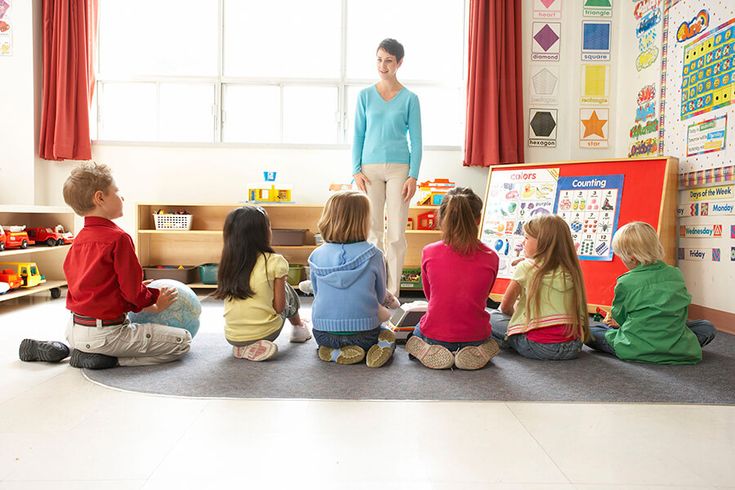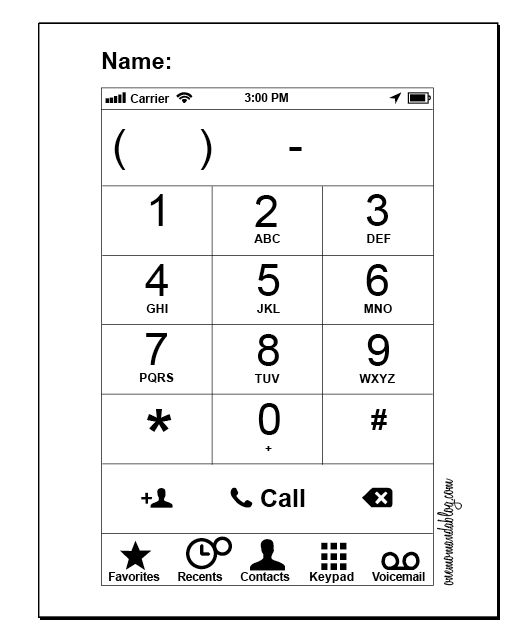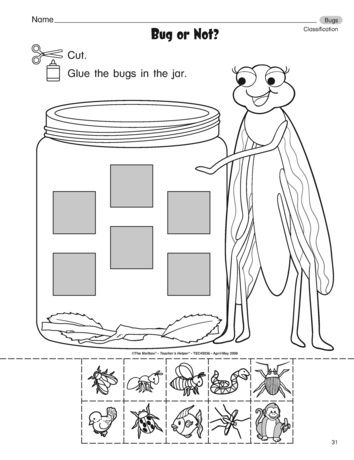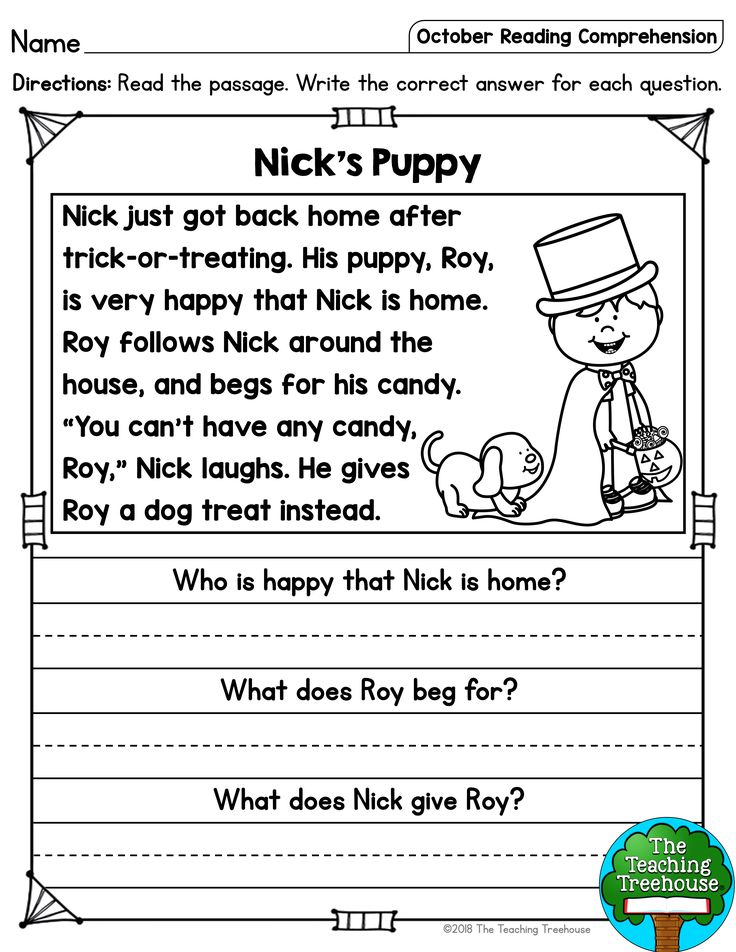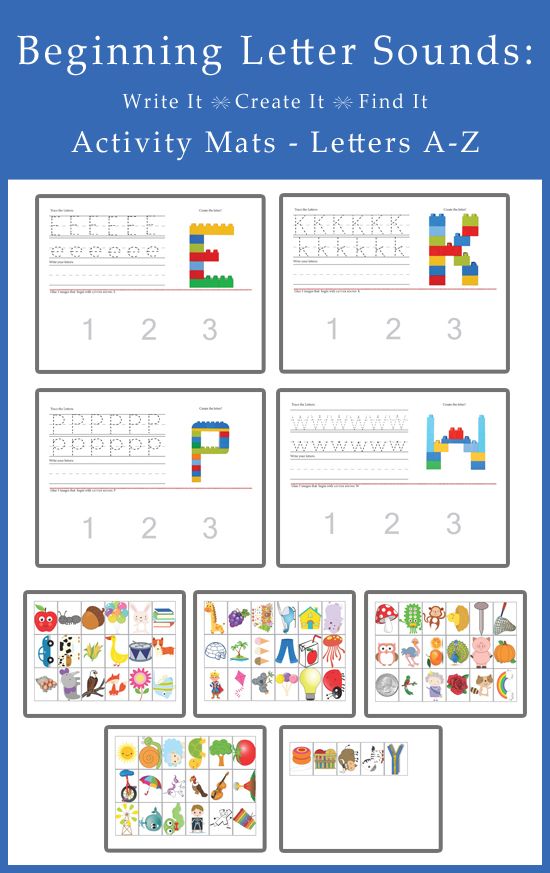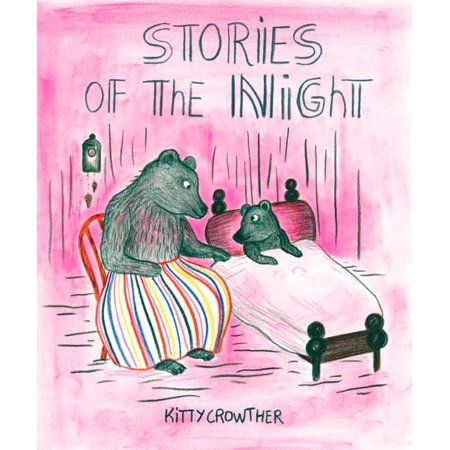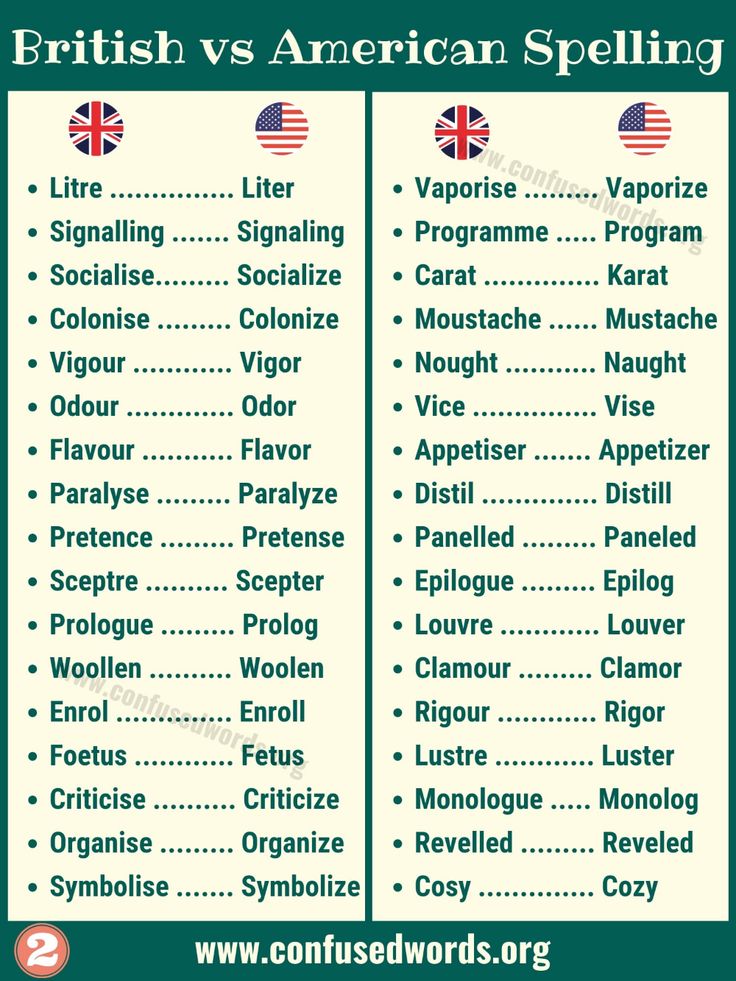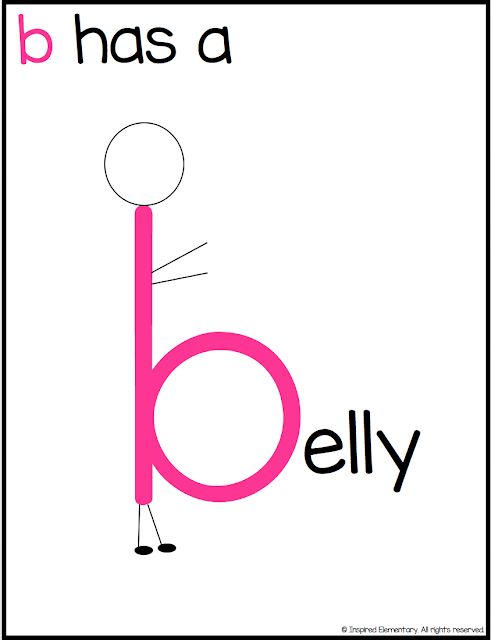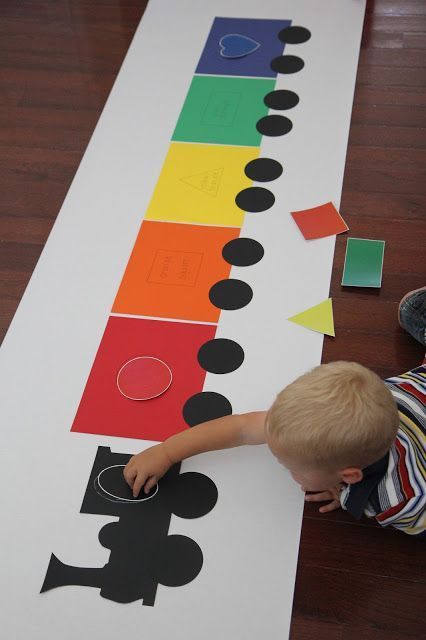Things to teach a kindergarten
What Do Kids Learn in a Typical Kindergarten Curriculum?
Your child is starting kindergarten! This is an exciting milestone in any kid’s life.
Even if they've been in pre-k classes, kindergarten is often considered the first official school year for children.
Your kid can’t wait to ride that big yellow bus, and you’re excited for them to learn all kinds of new things. But you probably have questions, like:
- Will my child learn to read this year?
- What numbers should they know?
- How can I help them learn at home?
Kindergarten is an exciting time, but it’s totally normal to feel a bit worried. We understand that you want your child to thrive, both academically and socially.
In this article, we’ll review the curriculum basics your child will cover this year — including language, math, science and those crucial social emotional skills.
It’s time to tackle kindergarten together. Let’s go!
Common Core skills
Although it varies from state to state, most schools closely follow the Common Core standards for kindergarten. These standards help set the foundation for your child’s future learning.
Along with academic standards, educators focus on teaching children the ins and outs of the classroom. Learning the rules and expectations while figuring out their daily routine will take up much of the first few weeks of class. Then the kindergarten year will dive into more academic pursuits.
Here’s an overview of what your child will learn this year.
1. Kindergarten language arts
The alphabet
Learning to identify the alphabet’s letters is the first step towards reading and writing. So get ready to practice those ABCs and hear that classic alphabet song on repeat!
Beyond identifying letters, there will also be a major focus on phonics. Your child will learn each letter’s sound. By the end of the year, they’ll be able to distinguish consonants from vowels and begin to understand the role each plays in a word.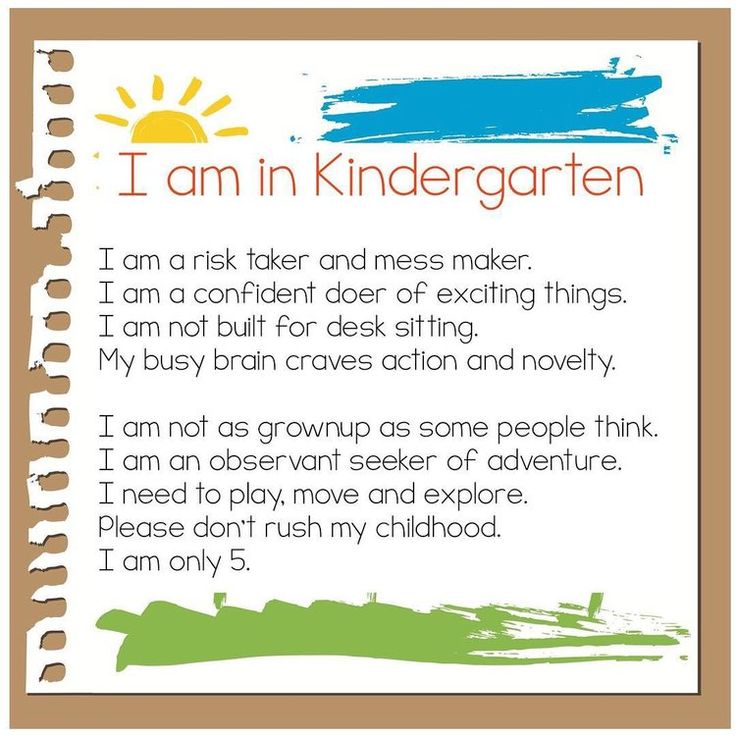
Reading short words and storybooks
Learning to read may be the most exciting part of kindergarten. Once a child starts reading, the potential to learn is endless!
The kindergarten curriculum will focus on high-frequency sight words and short words that are easy to sound out. Educators are looking to encourage reading confidence.
Tip: if your child is a more advanced reader, ask their teacher to recommend books to match their reading level so they stay interested and challenged.
Writing letters, short words and their name
Writing is an important part of the kindergarten curriculum. Your child will learn to:
- Print both upper and lower-case letters
- Write their own name
- Create tiny stories using short words
If your child struggles with writing, don’t stress. Many kids are still developing their fine motor skills at ages 5 and 6. With a bit of practice, your child’s scribbles will soon form legible words!
Tip: Encourage your child to practice writing their name in different ways or with different writing tools, like in this activity sheet from TeachWithMe.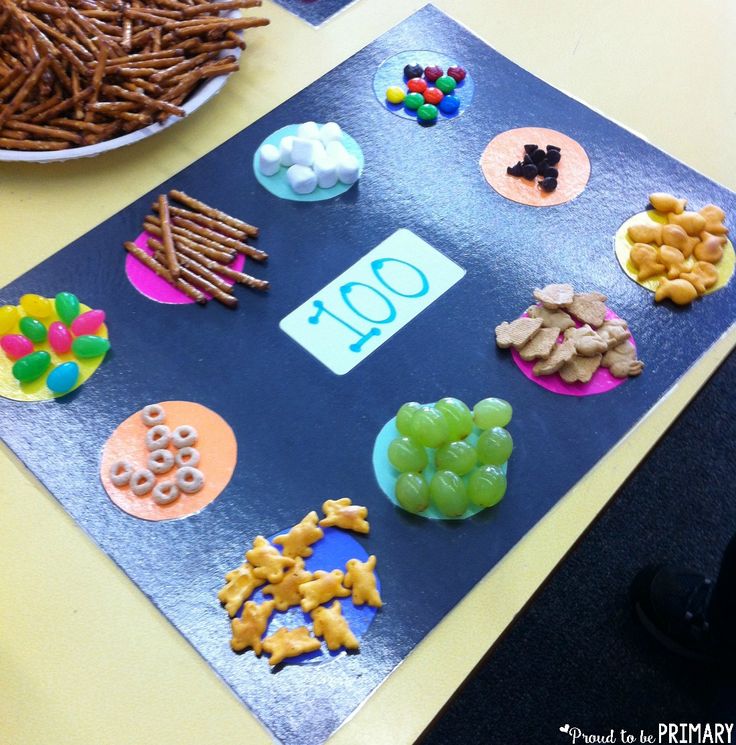
Words, sounds and conversation
Your child’s language skills have changed dramatically since the toddler years. But there’s still much to learn.
While in kindergarten, your child will continue to grow their conversation skills. New friends and social situations — and more reading — will expand their vocabulary.
Tip: Even though they’re getting older, don’t stop reading out loud with your child. Together you can tackle more complex stories and ideas, leading to an even better understanding of the world!
2. Kindergarten math
Numbers and counting
By the end of kindergarten, your child should have a solid understanding of numbers one through 20. And this means much more than just rote counting.
Kindergarten classrooms often feature great
math manipulatives to help kids grasp abstract math concepts. The number "2" doesn’t mean much until you pair the word with the image of two blocks.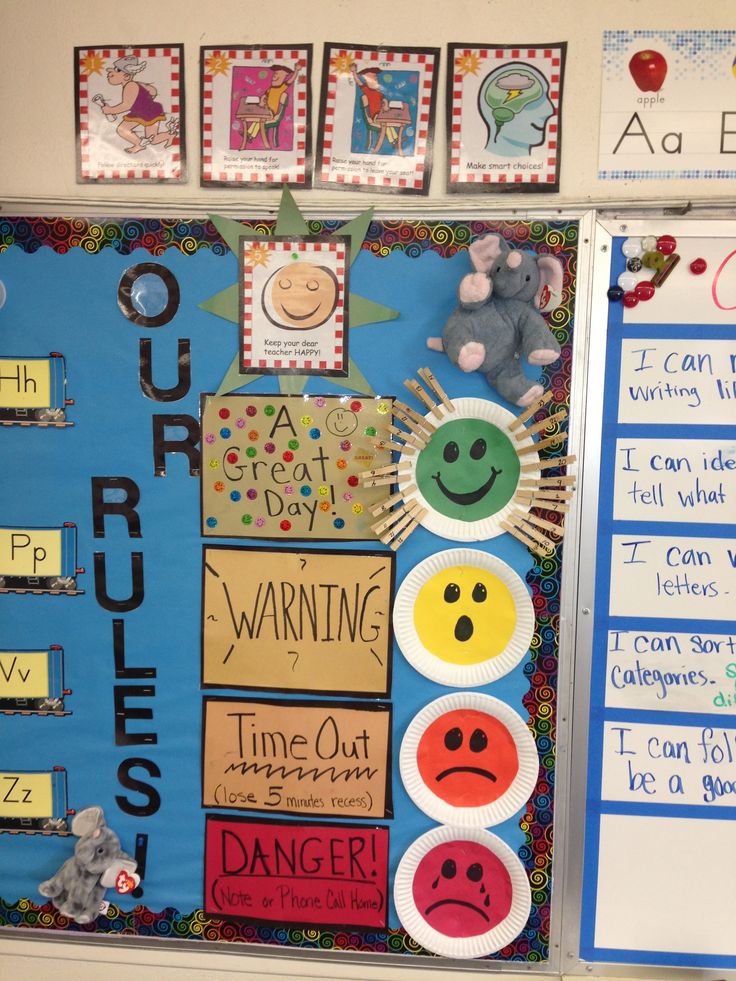 This idea will stick even more if your child is given the chance to build and create numbers with objects they can touch and hold.
This idea will stick even more if your child is given the chance to build and create numbers with objects they can touch and hold.
Your child will also likely learn basic skip counting. They’ll soon be able to count by 2s, 5s and 10s. This is an important first step into multiplication and division, though they won’t fully tackle those topics for a couple of years.
Identify shapes
The basics of geometry start now. Your child will have plenty of time to explore both two-dimensional and basic three-dimensional shapes. The math manipulatives available in classrooms can also make a huge difference in your child’s understanding here.
They’ll be able to observe a shape from all sides, and will begin to understand why a square is a square. This basic knowledge of sides and angles will set them up for future math success!
Simple addition and subtraction
Now that your child has a secure understanding of the first twenty or so numbers, they can really dive into addition and subtraction.
For your kindergartener, these concepts will come together as they add objects to a set, or take some away. This will also help cement their understanding that larger numbers “contain” smaller numbers (i.e. 7 is made up of 4 and 3).
3. Kindergarten science
Plants and animals
Kids are naturally curious, and nature is their first laboratory. There is so much to learn about the natural world! Plants and animals often have a lot of appeal because children encounter them every day.
In kindergarten, your child will focus on basic life cycles, like that of a frog or butterfly. And they will learn the different parts of a flower or of insects. Identifying and labeling is a major component of early science instruction.
The senses and the body
Heads, shoulders, knees and toes will be a popular song this year! What the senses are and how they work is an important part of the kindergarten curriculum, as well as identifying and labeling their own body parts.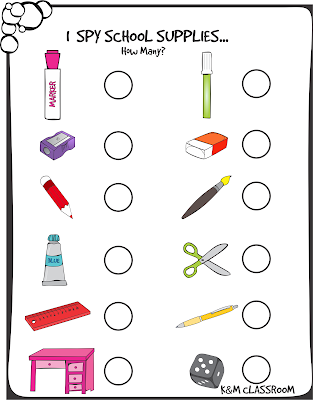
The weather
The weather is a great science topic for kindergarteners because it’s something they encounter every day. It affects their clothing choices and whether or not they can play outside. Learning the basics of the water cycle or why it snows is fascinating information for a five or six year old.
Time
Time is abstract and still tricky at this age, but your child can understand more now than before. The set schedule of school is a great way to make time more tangible. They wake up at 7am, leave at 8am, eat lunch at 11am and so on.
Visual schedules, like this one from Teaching Mama can help students understand this concept more quickly.
Tip: talk about time as often as possible. Your child is likely to still struggle with quarter and half hours (ex. 30 minutes after being “half-past” is hard to understand at this age), but the more exposure, the better.
Other skills in the kindergarten curriculum
Kindergarten is about so much more than academic skills. Here’s a quick look at the other things your child will learn this year.
Here’s a quick look at the other things your child will learn this year.
1. Cognitive and thinking skills
Problem solving and critical thinking skills
Your child will encounter many challenges this year. It’s part of learning and growing!
Now that they’re older with better impulse control, it’s the perfect time for them to learn how to work through obstacles and frustrations.
Focusing on tasks
Under the age of six, children still have a short attention span of about 15 to 20 minutes. But this is something that can improve with practice.
With their teacher’s help and understanding, your child will learn how to better stay focused. This important skill will help them throughout their school years.
Paying attention
Sitting and listening is no child’s strongest attribute, but it’s essential to school success. In kindergarten, they’ll learn how to respectfully pay attention, and be given the time to master it.
2. Behavioral and social skills
Making friends and resolving disagreements
School is a social event. Making new friends is exciting, but it’s not all sunshine and rainbows. Friends fight, and teaching children to work through these disagreements is a normal part of a kindergarten educator’s day.
Making new friends is exciting, but it’s not all sunshine and rainbows. Friends fight, and teaching children to work through these disagreements is a normal part of a kindergarten educator’s day.
Self-regulation and how to follow rules
Better self-control is possible at this age, but it takes practice. School rules provide the perfect backdrop for learning to stay within expected limits and for kids to practice self-regulation.
3. Motor skills
Bone and muscle development
If you’ve recently bought your child a new school wardrobe, it can be painfully obvious that your child is still growing — and fast. More kindergarten classrooms are incorporating movement and activity into the day to help their bodies grow and strengthen.
Finger and hand control
Learning to write is an important skill, but full mastery may take another couple of years. The primary focus in a kindergarten classroom is learning the basics of holding a pencil or crayon, so your child can improve finger and hand control.
Tip: if your child needs more practice, look at adding fun activities like molding clay to your weekend activities. This can be a great way to strengthen young hands.
Sound out simple skills and read aloud
This best tool in your homeschooling kit? Books!
Read, read, read, then read some more. Reading aloud will encourage your child’s interest in reading independently. Take the time to sound out simple words as you read together, and help them recognize letter sounds throughout the day.
Once they’re interested, reading skills will develop. If they aren’t there yet, don’t worry. Many kids may not learn to read until age seven or up. Keep reading together and soon their interest will come.
Encourage them to keep a journal
Keeping a journal is a great way to practice writing, with a focus on healthy social emotional practices.
2. Teaching kindergarten math at home
Incorporate numbers everywhere
Numbers are all around. Look and point out numbers in your everyday activities. Let your child help you count how many apples you’re buying at the store, or talk about how many crackers are left at snack time.
Look and point out numbers in your everyday activities. Let your child help you count how many apples you’re buying at the store, or talk about how many crackers are left at snack time.
Create word problems with household objects
Baking together is an excellent way to incorporate math into your day. Even something as simple as turning down the volume on the TV can turn into a math lesson. And toy collections are a great place to start talking about addition and subtraction.
Don’t overcomplicate math. Use what you already have and create engaging math lessons easily.
Draw comparisons with everyday objects
- Which stuffed animal is bigger?
- Who’s taller, mommy or daddy?
- Do you think more cereal can fit in this bowl?
These are all great questions to get your child thinking and learning about math concepts.
Combine learning and fun with online games
When you’re using a homeschool curriculum, you have access to so many resources! Screen time can be used wisely to help your child learn while having fun.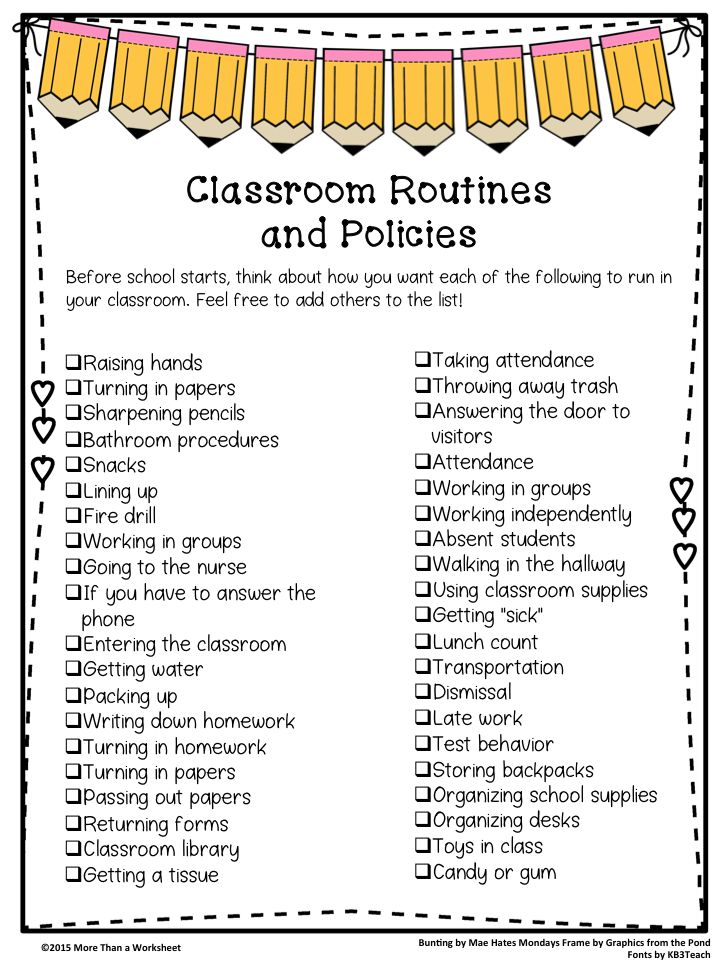
Game-based learning tools like Prodigy Math Game are a great way for your child to learn and practice age-appropriate math curriculum that meets your child at their skill level.
If math practice is stressing you out, share a fun online game and watch the learning happen naturally!
Get a free Prodigy account now3. Teaching cognitive, behavioral, motor and social skills at home
Practice listening skills with fun games like red light/green light and 20 questions
If you’re tired of yelling to get your child’s attention, test their listening and comprehension skills with a fun game (turns out they really do hear you when they want to 😂).
Join community groups so your child can socialize and form friendships outside of the family
Everyone worries about socialization, but homeschoolers have that covered with learning co-ops and gatherings. And there are more meetings now than ever before. A quick online search is a great way to find a group that fits your schedule and needs.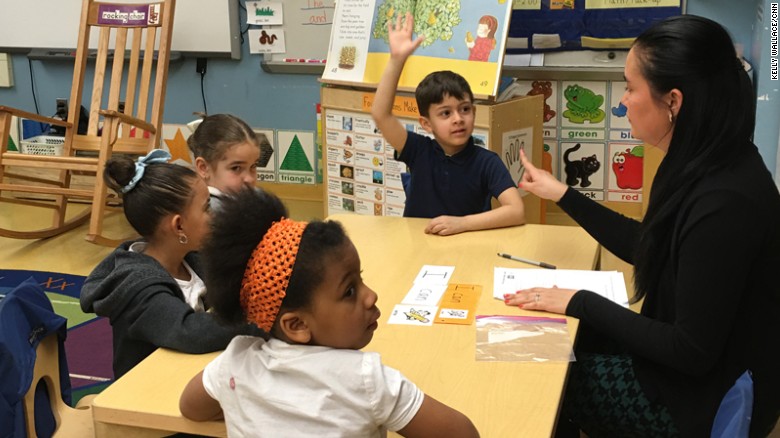
Try sports programs to develop both motor skills and social skills
Most sports programs for younger kids are offered by local communities, so don’t worry about your homeschooled child missing out. Sign them up for a sports club to work on both their social and gross motor skills.
Help your kindergartener thrive throughout the school year
Kindergarten is an exciting time, but it doesn’t come without challenges. Now that you know what’s expected of your child this year, you can help them meet their academic and social goals. Read with your child, ask them about their day, and celebrate their wins. It’s a big year for everyone!
If you’re worried about your child meeting their math goals, explore Prodigy Math Game. Prodigy can help keep the frustration out of math practice. Instead of simple worksheets, your child can learn standards-aligned math while playing an exciting video game!
Plus, with a parent account, you can play an active role in your child’s math learning.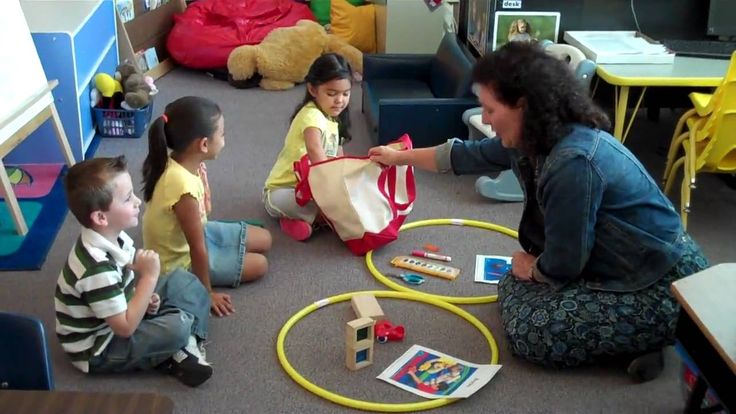 Track and support their progress while motivating them to answer more math questions. 👍
Track and support their progress while motivating them to answer more math questions. 👍
Teaching Kindergarten: 50+ Tips, Tricks, and Ideas
Kindergarten teachers are magical people. It takes a special person to be able to manage the littlest students without breaking a sweat! Teaching kindergarten is also a special opportunity to introduce children to school and instill in them a love of learning. In honor of you who teach this grade, we’ve scoured our WeAreTeachers HELPLINE group on Facebook to bring you the best tips, tricks, and ideas for teaching kindergarten.
Getting Your Classroom Ready
1. Integrate all of the tech
Source: Enchanted Kinder Garden
ADVERTISEMENT
With so many teachers receiving new devices, make sure you’re using them fully as a normal part of your day. Check out some of Keri from Enchanted Kinder Garden’s favorite tech tools for a kindergarten classroom.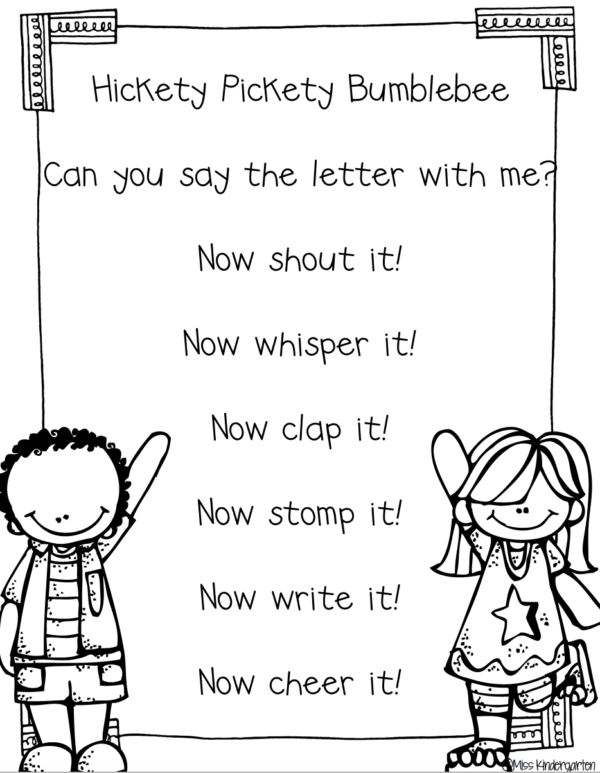
2. Prepare yourself for kids with a wide range of skills
“Be ready for kids who are readers, kids who have never seen letters, and everything in between. I love my kinders dearly and find so much joy in watching their little lightbulbs go on for the first time! They’re a different bunch to be sure, but they’re a blast!” —Maggie V.
3. Create an inviting classroom
Need ideas? We’ve gathered real-life kindergarten classrooms for you to browse!
4. Be prepared for changes
Source: The Daily Alphabet
The science of reading has been all the buzz lately. Are you aware of what it truly means for your classroom and your students? Check out this article to learn more about the science of reading.
5. Gather all the supplies
Not sure what exactly you need for the kindergarten classroom? Don’t worry, we’ve got you covered with this list of essential kindergarten classroom supplies.
6. Plan your circle time well
Source: Growing Kinders
Make circle time short, sweet, and active.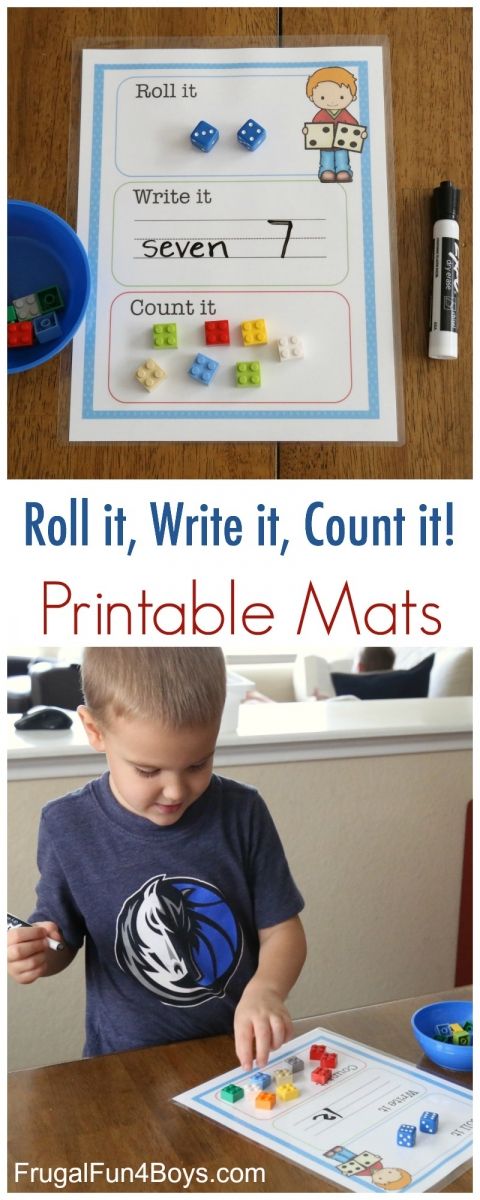 Incorporate these amazing carpet spots for easy seating.
Incorporate these amazing carpet spots for easy seating.
7. Get a jump start on lessons
In kindergarten, teacher planning and prep time are precious! It makes life a lot easier when you can purchase existing lessons, bundles, books, and pages. And why not support other teachers while you do it? Check out our favorite Teacher Pay Teachers sellers.
8. Put together an irresistible classroom reading nook
Source: Pixie Chicks
If there’s one thing you want your kindergartners to walk away with at the end of the year, it’s the message that reading is fun! Make reading time extra special for them by setting up one of these awesome reading nooks.
9. Fill your classroom library with these classic kindergarten books
Here are our favorite books for teaching kindergarten.
10. Set up sensory tables
Early childhood teachers know that hands-on learning is essential. Sensory play encourages open-ended thinking, language development, and collaboration and builds fine motor skills.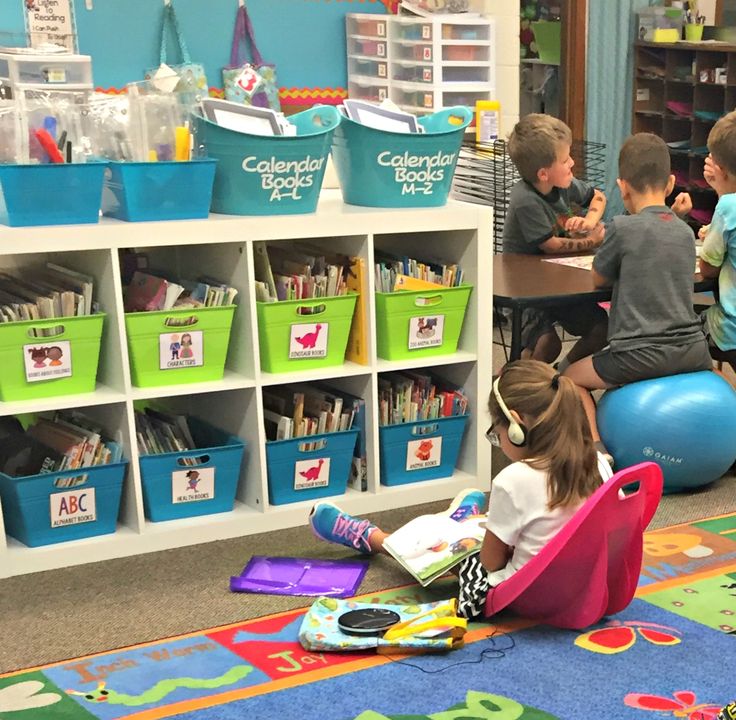 Sensory materials are magically both engaging and calming. Here are our favorites!
Sensory materials are magically both engaging and calming. Here are our favorites!
11. Set up a writing area
Source: Enchanted Kinder Garden
Writing is so important for our early learners. Even when students are just learning to write, it’s important to encourage the process. Having a dedicated writing time helps shift a child’s focus. Some classrooms even have a dedicated space for writing. Here is an easy setup for a writing center.
The First Days of School
12. Take your class on a mini-adventure on the first day
“I teach routines and rules, but I also go on some kind of ‘adventure.’ My adventure is going through the school to find where everything is: the bathrooms, the nurse, the front office, the cafeteria (which we practice going through the line), library, etc. I’ve done fishing where I have fish (or a jungle animal if that was my theme) hanging at each place and they collect them in a bucket as we go around taking turns and collecting through the whole school.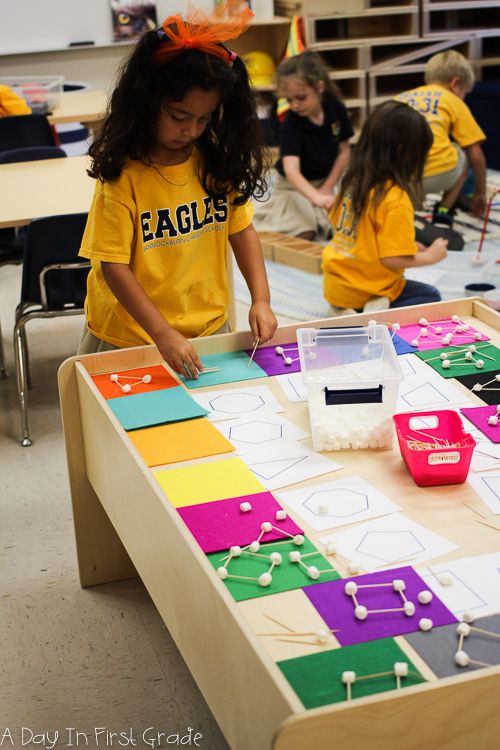 They love it.” —Dana H.
They love it.” —Dana H.
13. Keep in mind that the kids have expectations too
Source: Rainbows Within Reach
“Kids go to their first day of kindergarten expecting to learn how to read that very day. So you have to do some choral reading of big books or poems so that they know that they have begun to learn to read. Just one big book. Read it many times that day. If they go home seeing themselves as scholars on the first day of school, you will have set the tone for the whole year.” —Becky N.
14. Help the parents of your students on the first day because it’s a tough transition for them too
“You will have a room full of parents on the first day, so to have a smooth goodbye, I wrap a box with Kinder Bear (any stuffed bear) inside. After the kids are sitting on the carpet, I tell them that I have a friend I’d like them to meet, but that he’s shy. I pretend to listen to the bear and tell the kids he wants you to say bye to Mom & Dad so he can come out and play.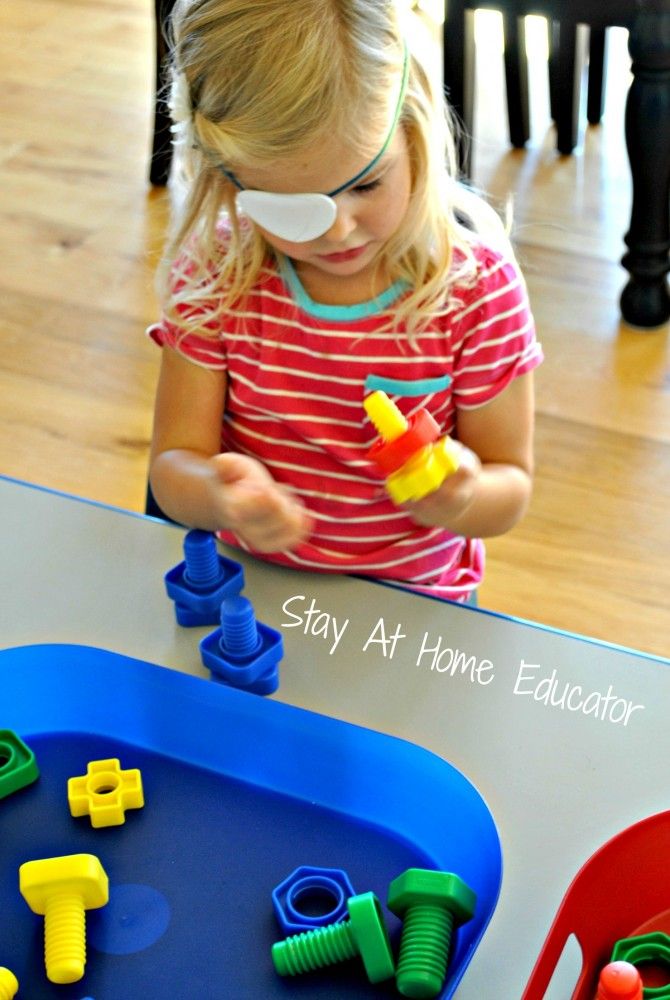 The parents will ‘get’ the message and leave, and the students will be eager to meet Kinder Bear!” —Denise B.
The parents will ‘get’ the message and leave, and the students will be eager to meet Kinder Bear!” —Denise B.
15. Start at the
very beginningSource: Pre-K Pages
“Don’t assume they know how to do anything. Teach them everything. How to knock at the bathroom door, how to close it behind them, how to wash hands, throw away towels … routines, routines, routines.” —Shannon T.
16. Keep in mind how close to “baby” your students really are
“Remember, they are 60-month-olds! That always gives me perspective the first few weeks teaching kindergarten.” —Michelle K.
17. Choose amazing read-alouds for the first week of school
Source: Enchanted Kinder Garden
Go ahead and “add to cart” on Amazon to get first-week read-alouds and back-to-school books they’ll love.
18. Make keepsake drawings that will show growth from the beginning of the year
Source: Splish Splash Splatter
“I would have them do a self-portrait the first day and then another one the last week and look at the difference! You will want to start and demo one of yourself just to give them an idea of what to do.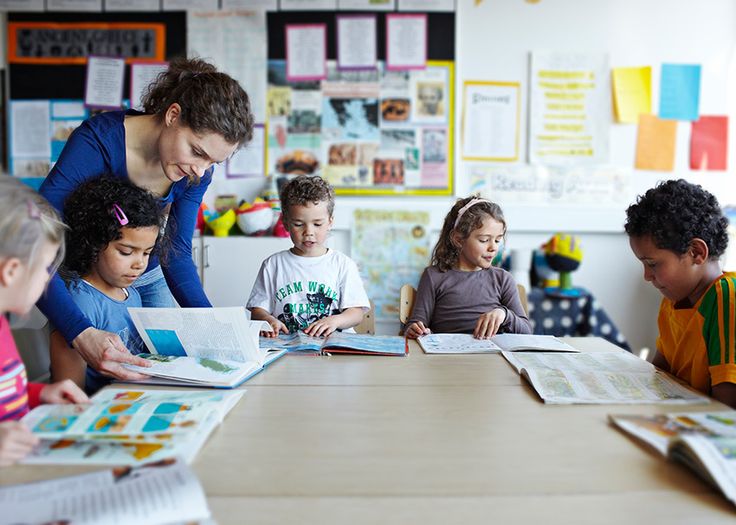 You might be surprised at the results and your parents will save it forever—mine did. I still have one I drew as a kinder or first grader.” —Julia A.
You might be surprised at the results and your parents will save it forever—mine did. I still have one I drew as a kinder or first grader.” —Julia A.
19. Start the year with firm expectations and clear routines
“Don’t worry about the curriculum. Just focus on the routines and rules. One of the best bits of advice I got from a professor was that the kids WANT to love you so don’t be afraid to be strict with the rules and set down your boundaries right out of the gate. I’ve been teaching for 20 years, and I learned that the hard way. Have fun, play games, let them see your playful side, but take the time to let them know what is expected of them.” —Julie S.
Check out these first day routines and procedures for more ideas!
20. Teach kids
exactly how to listenSource: First Grade Garden
Don’t expect that they will come to you knowing what listening looks like. Here’s how to teach them.
21. Teach kids how to make friends
Source: First and Kinder Blue Skies
Some of your students will make friends naturally.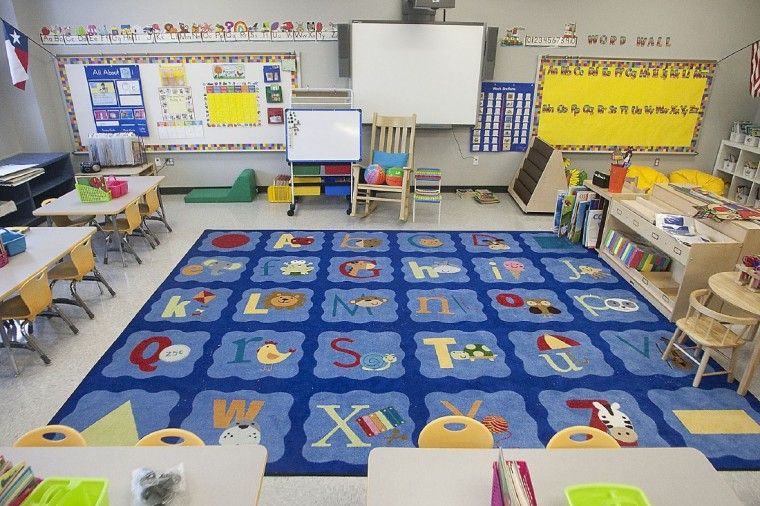 Some of them will need your help. How to be a friend is one of the most important lessons they can leave their first year of school with. Here’s an activity you can do to help them.
Some of them will need your help. How to be a friend is one of the most important lessons they can leave their first year of school with. Here’s an activity you can do to help them.
22. Find fun ways to teach all of the routines your little ones will need to know all year long
“For my lines in the hallway, I say ‘There’s a cloud with marshmallows falling down (wiggle fingers like they’re falling from above), everyone catch a marshmallow!’ Pretend to catch and say, ‘now put it in your mouth and chew chew chew chew and keep your finger on your lips so it doesn’t fall out’ until you get to the cafeteria, playground, etc. They’ll walk around with their cheeks puffed up pretending to chew. Some might say they ate it, so tell them to catch another or it’s too big to eat the whole thing and keep chewing! I’ve heard teachers say ‘catch a bubble.’ It’s the same concept. When I need instant silence I say, ‘Catch a marshmallow!’ and there is quiet immediately.” —Heikel F.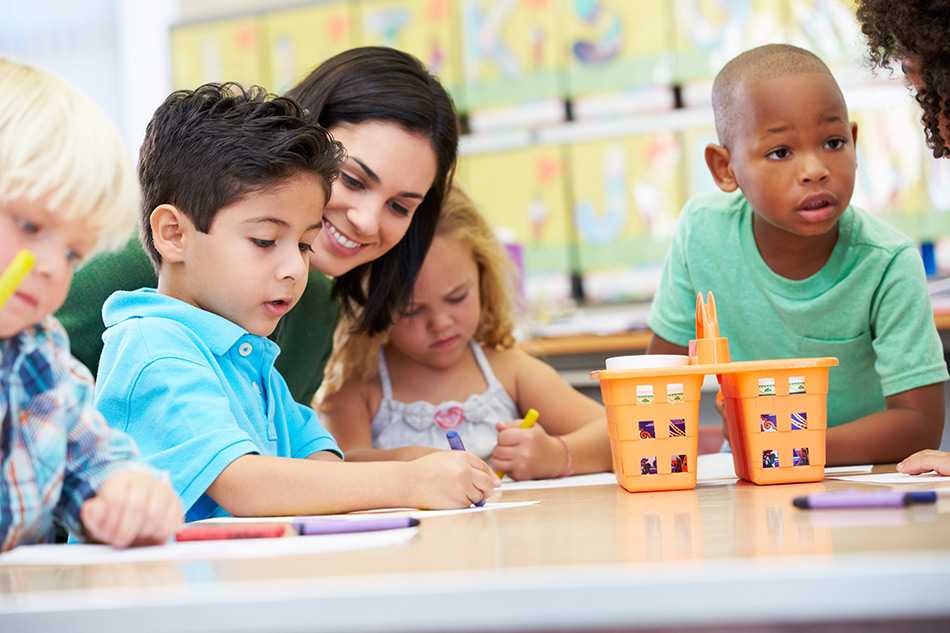
Here is our list of must-teach classroom routines and procedures.
Classroom Management Tips
23. Use anchor charts
Creating anchor charts for and with your students helps them learn and remember lessons about topics like friendship, shapes, counting, letters, beginning writing, and more.
24. Keep your kids moving all day long
Source: You Clever Monkey
“Plan lessons/activities that last no more than 15 minutes, with some kind of movement activity in between. (Moving from the circle to the table counts, as does clapping a pattern, or Head, Shoulders, Knees, and Toes.)” —Anne H.
25. Do proper assessments
Teachers need to ultimately adapt their teaching to suit students’ needs. You want all of your students to be successful; that’s why these kindergarten assessment ideas are so important.
26. Combine multiple objectives into a single lesson
Source: Childcareland Pre-K
Teach children number sense and fine motor skills at the same time.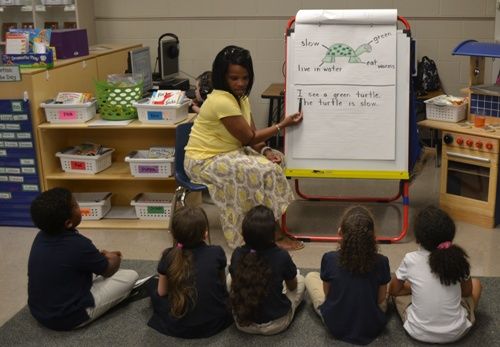 The kids will love using the hole punch in this activity and will improve their number sense at the same time.
The kids will love using the hole punch in this activity and will improve their number sense at the same time.
27. Teach with centers
Teaching with centers is one of the easiest ways to work through your curriculum while teaching kindergarten. And kids love them! Check out our kindergarten literacy centers for more ideas.
28. Get the wiggles out
Incorporating brain breaks will help all of your students when they just need a break from learning!
29. Give your kids visual cues to help them follow your directions
Source: Mrs. Maya’s Kinders
“I have my kids line up on numbers. They stay on the same number all year. This saves so much time. We can line up in less than 15 seconds. Their toes touch the number but don’t cover it so I can see it.” —Debbie N.
30. Keep little fingers cleaner with this trick
Source: Lucky Little Learners
“Glue sponges! There are several videos online for making them. So awesome to not deal with the bottle of glue mess or those littles who can’t close the bottle and spill glue in their supplies!” —Anita D.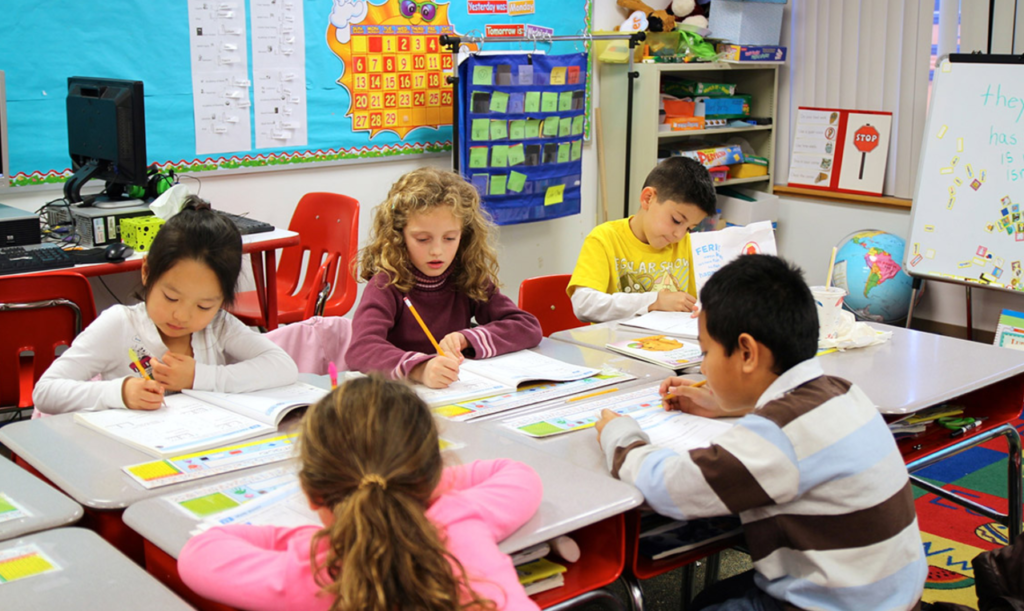
31. Use a washable stuffed animal as a class pet
Source: A First for Everything
Low maintenance (essential for teaching kindergarten), high fun! Kids will love taking turns bringing it home to care for it over the weekend.
32. Routine, routine, routine
Veterans who’ve been teaching kindergarten for years said this again and again on our Helpline: Probably more than any other age group in elementary school, kindergartners thrive on their routine. “Plan fun and easy activities for the first week so you can keep focused on the routine.” —Sarah S.
Curriculum Tips and Tricks
33. Tailor your science to their needs
These fun and free science activities were put together just for your kindergarten students! They’ll learn how the world works through play and experiments.
34. Try daily STEM challenges
These STEM challenges are designed with your kinders in mind. Try one each day or each week to get their minds thinking outside the box.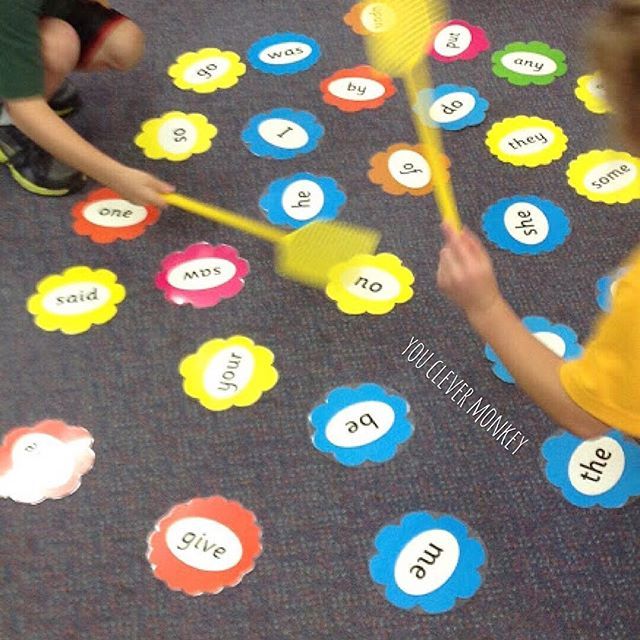
35. Use these strategies for writing instruction
From invented spelling to punctuation and using words in context, these tips will help your newbie writers catch on quickly.
36. Use hands-on alphabet activities
Go on a scavenger hunt, play with shaving cream, and much more. These alphabet activities are perfect for your class.
37. Incorporate daily writing prompts
We’ve gathered writing prompts that you can download and use to get your kinders practicing their writing skills.
38. Use “space people” to help your beginning writers learn to use spaces between words
Source: Time 4 Kindergarten
Put an astronaut stick down when you get to the end of a word, so you know where to start the next one!
39. Put sight words front and center
Source: Life With Moore Babies
Keep track of important sight words in fun ways and keep them visually front and center like this growing word-a-pillar.
40.
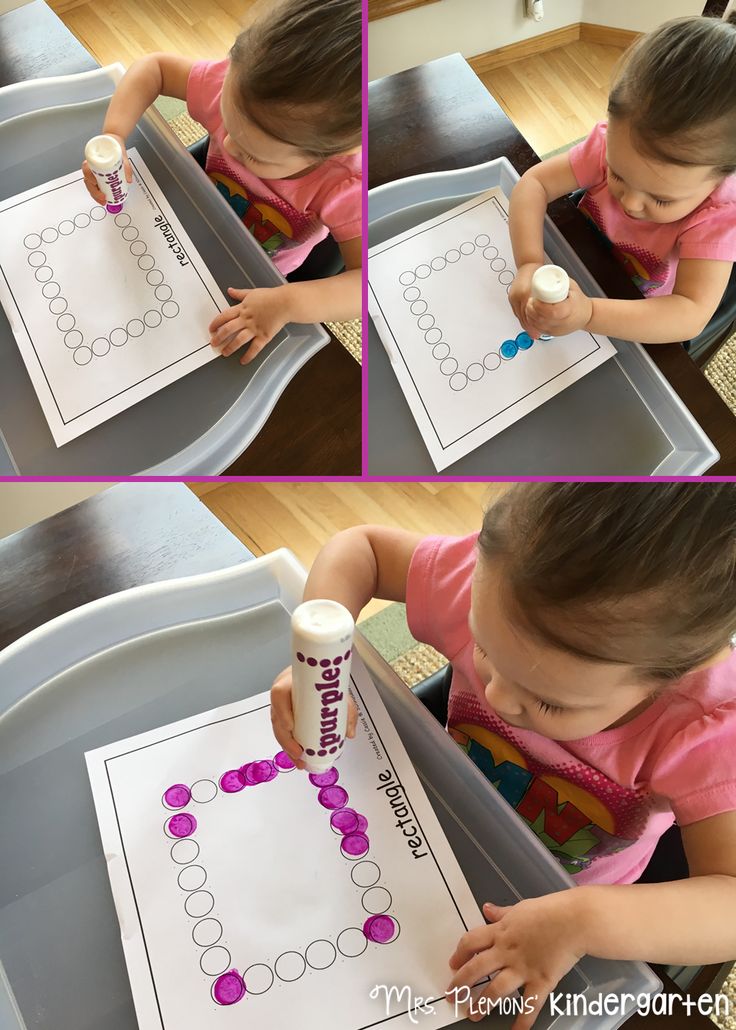 Teach word families
Teach word familiesSource: Teacher Karma
This method is tried-and-true among kindergarten teachers. Check out the link for seven simple steps for using word families to teach reading.
41. Bring technology (in small doses) into the classroom
Check out our guide to teaching kindergarten online for tips using technology when teaching kindergarten.
42. Sneak in the learning with games
“I like playing ‘I have, who has’ games. I take their picture on the first day of school and create an ‘I have who has’ game with their photos. It’s a great way for them to learn names, plus I use their picture for everything.” —Lisa G.
Check out our favorite educational toys and games for kindergarten.
43. Organize your instruction around themes
When you structure your lessons thematically, you provide your kids with more “hooks” for learning. Check out this blog by Fun-a-Day for some great ideas.
44. Find hands-on ways to teach number sense
Source: The Printable Princess
Number sense is key in kindergarten.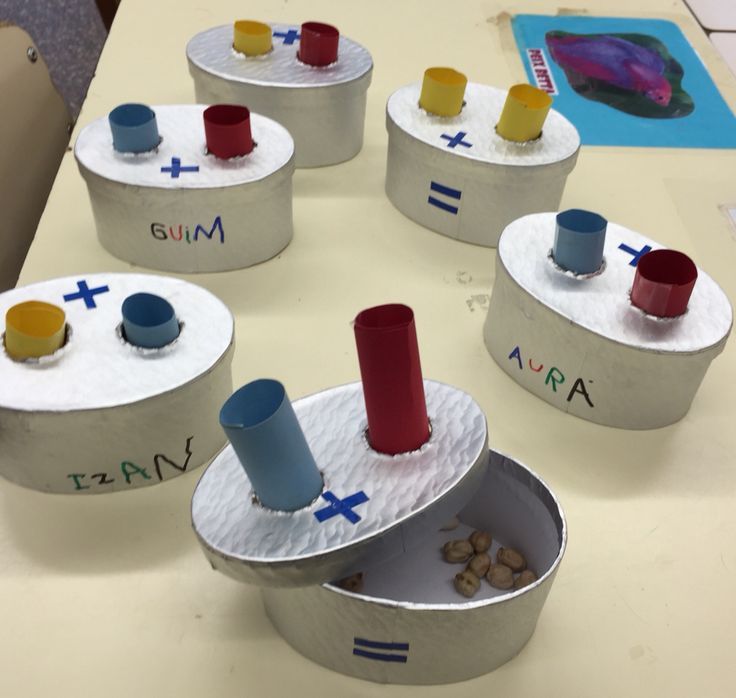 You’ll want to cover it again and again. Here are some ideas for teaching number sense.
You’ll want to cover it again and again. Here are some ideas for teaching number sense.
45. Incorporate kindergarten math games
Kindergarten offers so many opportunities to help students find learning truly enjoyable. These kindergarten math games teach concepts in fun and meaningful ways.
46. Watch math videos
Making math more engaging for kids can be difficult. But teaching math will be anything but boring when you introduce students to some of our favorite subtraction and addition videos on YouTube.
47. Begin teaching shapes
Learning shapes is one of the earliest concepts we teach kids. Shapes ready them for geometry in the years ahead, but it’s also an important skill for learning how to write and draw. Get started with these activities.
48. Count the days of school and celebrate when you reach 100
There are so many different fun ways to celebrate the 100th day of school. We’ve got a whole collection of activities for you!
49.
“Music is needed and is a good way to transition. Find a welcome song and an afternoon song (can be the same tune with different words) to start and close your day. It makes a world of difference.” —Anne H.
50. Keep activity sticks on hand so you never have a terrifying “What do I do with them
now?” momentSource: Keep Calm and Teach On
One of the most repeated pieces of advice in our Helpline group about teaching kindergarten is that you should always overplan for this age group. These activity sticks are a fantastic safety net when you suddenly find that your lesson went twice as fast as you expected.
51. Go on a field trip
Kinders are a wild bunch, and taking them anywhere might seem daunting, but field trips provide kids with the kind of real-world learning that really sticks with them. These kindergarten field trips will keep your young students interested and (mostly) out of trouble.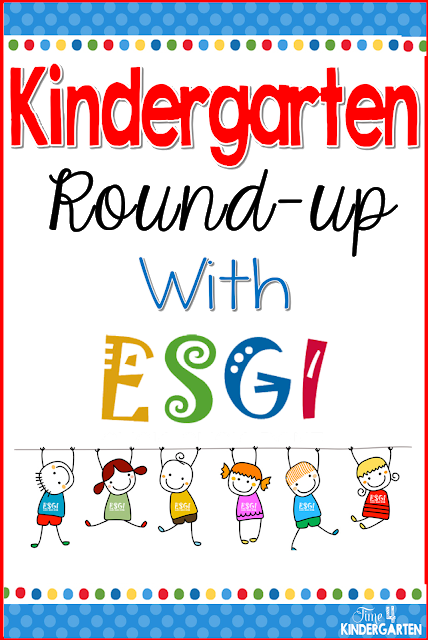 We even have virtual ones!
We even have virtual ones!
52. Incorporate LOTS of art
Hands-on learning is best for little ones. We’ve gathered our favorite fun and interesting projects.
Taking Care of You
53. Take care of yourself
Teaching kindergarten requires a different kind of energy. Eat well and try to get an extra hour of sleep if you can. “When I switched from teaching second grade to teaching kindergarten, I was exhausted for the first two months. It’s physically taxing.” —Karen E.
Here are some teacher self-care ideas to consider.
54. Connect with a community of educators outside of your own school
Teaching is hard! Join our WeAreTeachers HELPLINE Facebook group and connect with other teachers to talk about challenges and triumphs and ask questions.
55. Follow kindergarten teachers and bloggers
Keep a pulse on what’s happening in your grade level with our favorite teachers sharing on topics ranging from crafts to addressing important multicultural issues.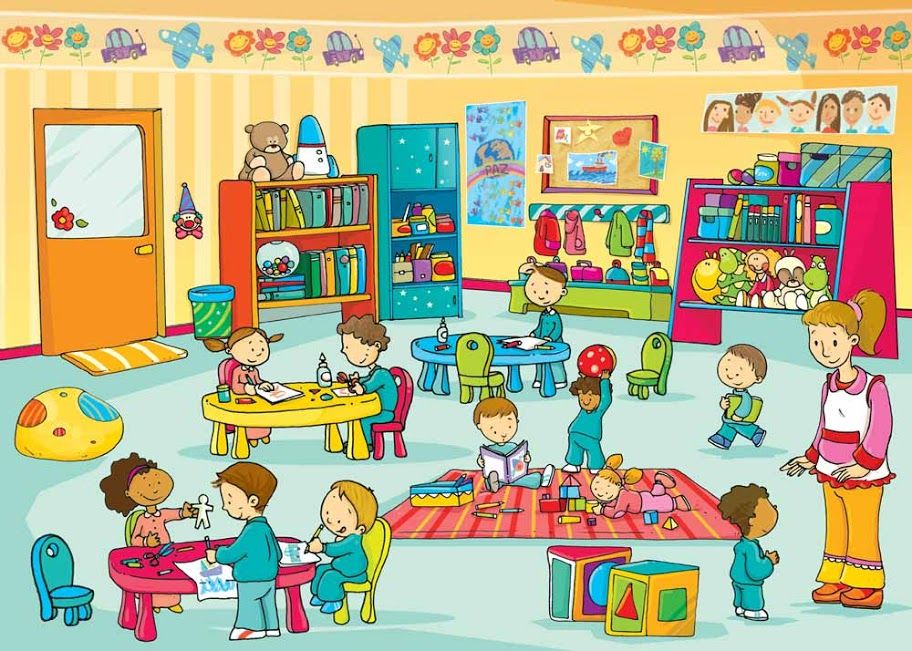
56. Laugh with your kids
Kindergartners love to laugh as much as the rest of us! These funny books will add some humor and levity to your day. Plus, check out these jokes just for kindergartners!
57. Keep a “sub tub” on hand for those days when you just can’t make it into school
Source: Supply Me
Fill your sub tub with all the lessons and activities your sub will need in case you have an unexpected absence.
58. Plan fun annual events for your students and their families
Source: Kindercraze
Whether it’s Cupcakes With Caregivers, a fall feast, or a spring BBQ, kindergartners love traditions. And they love to include their families. Here are some tips on making these events inclusive for all your students.
59. And last, but certainly not least, give them lots (and lots) of time to play
“Playtime teaches kids how to get along with others so that they can effectively learn in a classroom. It’s so important, especially in kindergarten.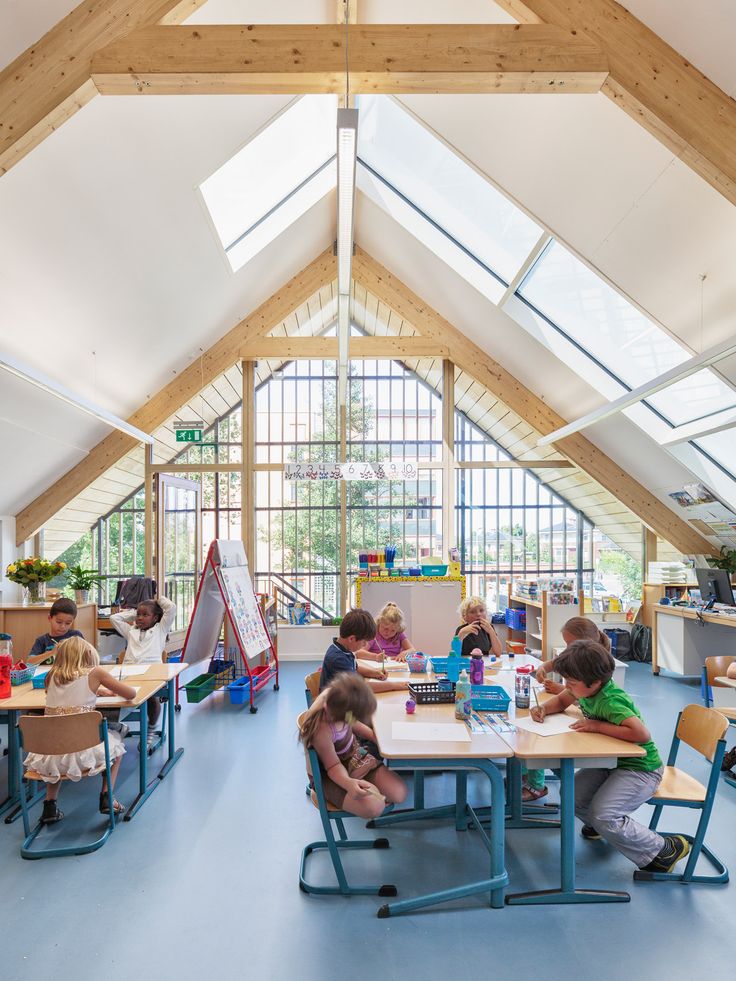 ” —Michelle S.
” —Michelle S.
Check out our educational toys for kindergarten and why dolls belong in the classroom!
We’d love to hear—what are your favorite tips and tricks for teaching kindergarten? Come and share in our WeAreTeachers HELPLINE group on Facebook.
Plus, check out our guide to the kindergarten classroom.
WHAT DOES KINDERGARTEN TEACH? | Educational social network
WHAT DOES KINDERGARTEN TEACH?
Autumn came and our kindergarten graduates went to school to meet new knowledge and new friends. And when I meet parents, I often hear that they thought whether to send their child to kindergarten. Someone was unemployed, someone had a grandmother at home . Many parents do not send their children to kindergartens, because they believe that "you can play and sleep at home." They do not understand that in the kindergarten the child not only plays and sleeps, but also learns to be in society. It is at kindergarten age that certain concepts about life are formed in children: how to behave with friends, how to help others, how to defend their rights, etc. All this cannot be fully learned at home. Parents, of course, have a huge influence on the child, but it is the society of children that will help to adapt in society.
All this cannot be fully learned at home. Parents, of course, have a huge influence on the child, but it is the society of children that will help to adapt in society.
First of all, it is very important that children learn to communicate. In kindergarten, relationships are formed several times every day between different children. Children begin to play different games, especially those where everyone will take part. Everyone will have their own role and responsibilities. Children learn to express their opinion and defend their rights.
Secondly, it is correct to behave in a team. In the process of joint activities (in this case, games), children will learn to make decisions in a team, listen to the opinions of other children, help each other, etc. Together they will solve complex problems: for example, assemble a constructor.
Thirdly, to sympathize and empathize. These two qualities are very important for any person. Children acquire these qualities during the game.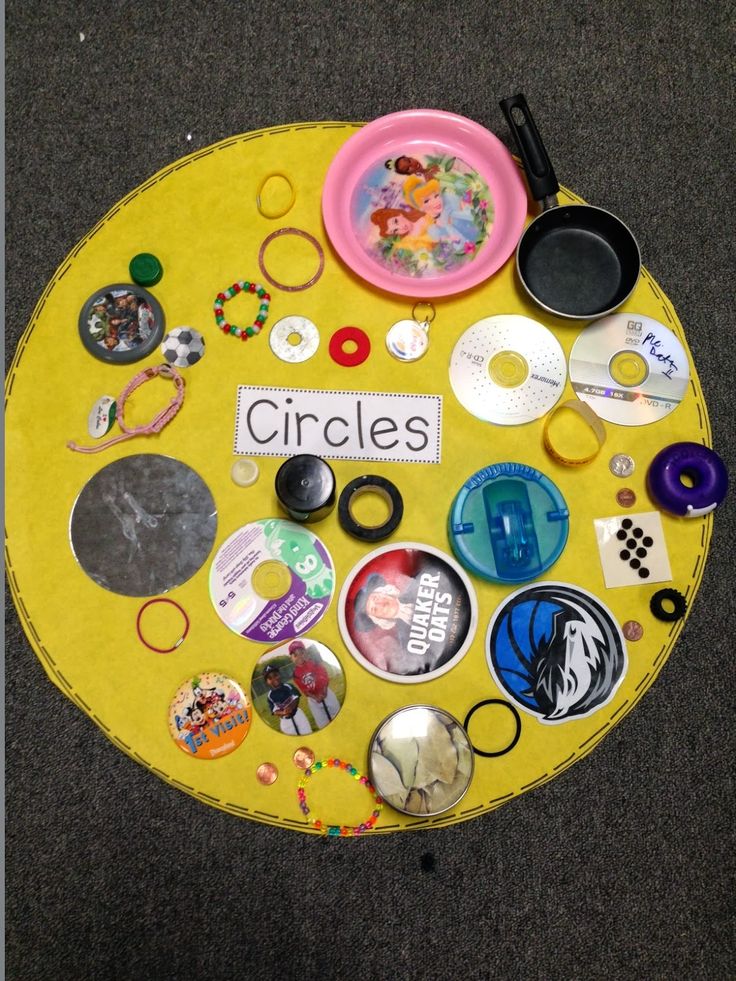 For example, one boy's car broke down, he starts crying. What does the second one do? Gives him his favorite toy to calm him down, because he himself calms down exactly when he receives this toy. Sometimes children hug each other, wipe their tears. In addition to being correct, it is also touching.
For example, one boy's car broke down, he starts crying. What does the second one do? Gives him his favorite toy to calm him down, because he himself calms down exactly when he receives this toy. Sometimes children hug each other, wipe their tears. In addition to being correct, it is also touching.
Fourth, be modest. In a group of children, none of them can become the center of attention only if it is their birthday. In other cases, children must learn to be part of a team.
Fifth, be generous. Most often, children of different age categories are in the same group in kindergarten. This contributes to the fact that adult kids help the little ones, teach them, support them.
Sixth, learning new things, getting ready for school. In any kindergarten there is a specific lesson plan where children are taught to draw, sculpt, do crafts, sing, dance, recite poetry. Children's matinees are held in the form of theatrical performances, where children perform in front of an audience of parents.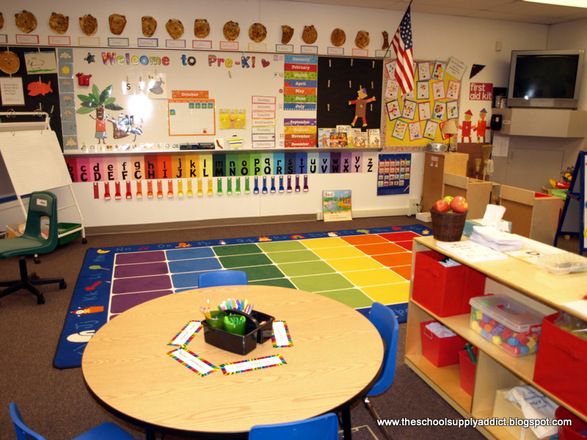 This allows you to remove the complexes. The foundations of relationships are born in kindergarten. Children learn to help each other, express their opinions, solve problems and overcome conflicts. They already fulfill certain social roles, have some position. All this is important for the formation of the personality of children.
This allows you to remove the complexes. The foundations of relationships are born in kindergarten. Children learn to help each other, express their opinions, solve problems and overcome conflicts. They already fulfill certain social roles, have some position. All this is important for the formation of the personality of children.
This doesn't mean that every child has to go to kindergarten...but maybe it's worth it? Kindergarten supports social, intellectual, emotional development - this helps at the stage of learning at school. What will the child learn in kindergarten? Are there any advantages over home schooling? I highlighted - 42.
1. Kindergarten daily routine gives a sense of stability.
2. The child learns independence - there are no parents nearby who constantly help in everyday affairs.
3. A sense of independence develops.
4. Maintains fitness.
5. Constant lessons in drawing, modeling from plasticine, cutting out develop hand motor skills necessary for learning to write at school.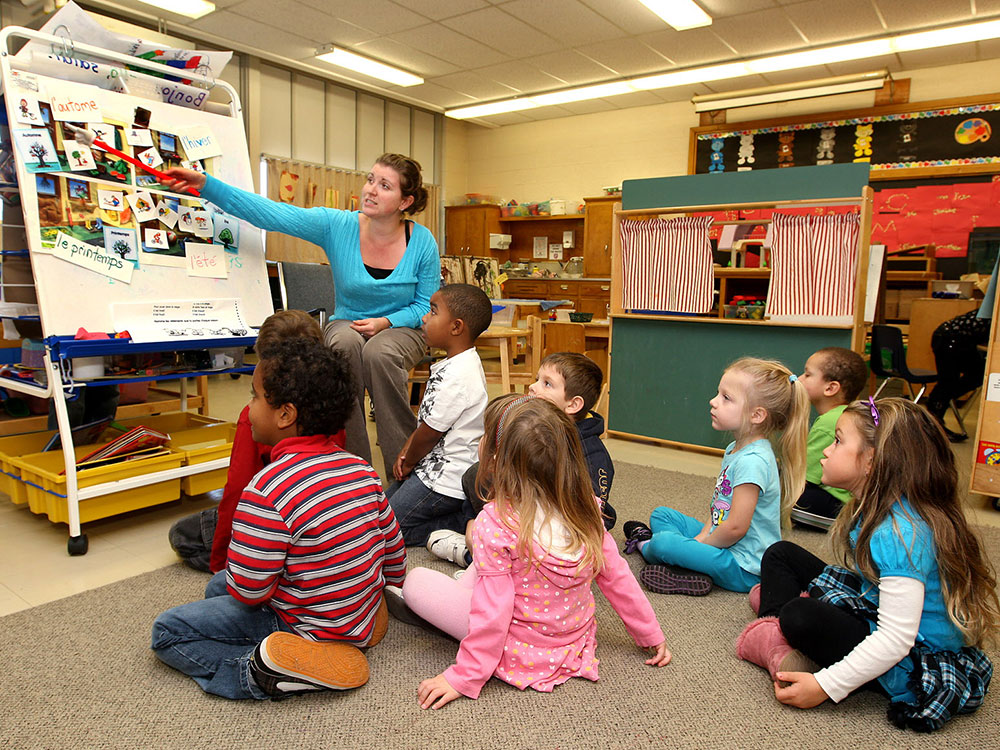
6. Morning exercises, physical activities, active games on the playground charge the child with energy.
7. By watching children, the child learns faster.
8. Expands vocabulary by playing with peers, learning songs and poems.
9.Learns to communicate with other children
10.Learns to focus attention.
11. The child shows talents that can be further developed.
12. Gains self-confidence.
13. Copes with emotions more easily - not afraid of other children, willingly communicates, makes new friends.
14. Learns to solve everyday problems, adults at home usually help with this.
15. Overcomes fears and own shyness.
16. Learns that he is not the center of the universe.
17. Learns that other children also have their own desires.
18. Learns to defend his point of view.
19. Learns to be responsible for his actions according to the rules applied in the social world.
20.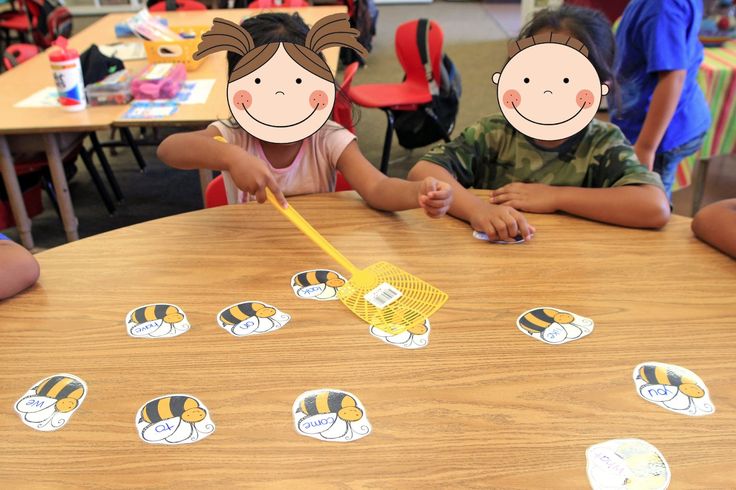 Learns to wait in line.
Learns to wait in line.
21. Learns to share with others.
22. Learning tolerance - children with different characters, temperaments sometimes do not understand each other.
23. Learns to cooperate in society by interacting with children in group games.
24. Learns to say “excuse me”, “please”, “thank you”.
25. Understands that people should not insult others.
26. Learns to compromise and fulfills the role assigned in the group game.
27. Forms his character and will.
28. Learns self-discipline.
29. Learns resourcefulness.
30. Learns to compete, win and accept defeat in sports games.
31. Expands the boundaries of knowledge - going to the theater, circus, walking, extra classes.
32. The child learns new games, ways to create artworks.
33. Learns the traditions associated with the holidays - March 8, February 23, May 9, Maslenitsa, etc.
34. Develops imagination and creativity, for example, crafts from cones, plastic bottles, etc.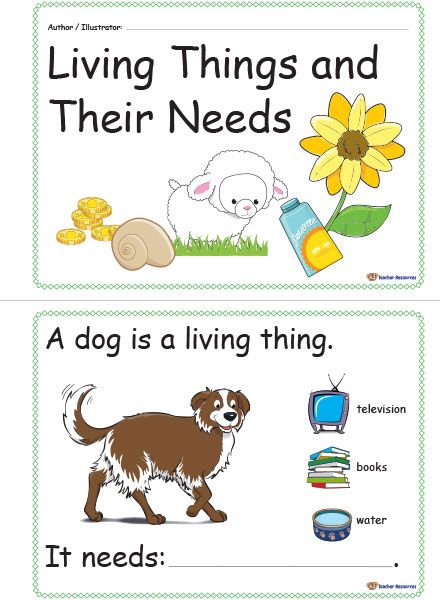
34. Learns to be aware of the consequences of his actions.
35. Has the opportunity to freely, carelessly and have fun in a team.
36. Has the ability to play with toys that are not at home.
37. Learns to clean up after himself after a game or class.
38. Studying the behavior of other children in the group.
39. Supervised by qualified personnel.
40.Better prepared for school.
41. Learning to spend time outside the home.
42. Learns the joy of relationships with peers.
Parents make the final decision whether or not to go to kindergarten. Dad and mom must consciously weigh all the pros and cons. It is important not to miss the moment when the child is able to easily accept changes and easily join the children's team.
What we learn in kindergarten
- Photo
- Getty Images
Main ideas
- Kindergarten is the place where most of us spend our psychological problems and fears.
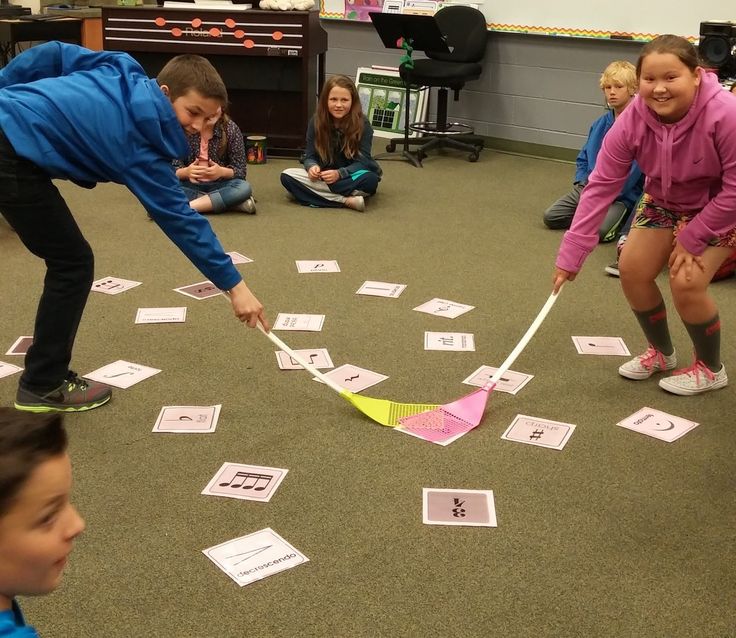
- In kindergarten, we master three basic skills: interaction with society (authority and rules), communication and cooperation skills, and adaptation to new conditions.
- The strategies we chose in childhood also work in our adult life.
– Please help yourself! - the client greets me - the head of the financial service of a large trading company. In front of him is a plate of fruit, nuts, sweets and a plate of sandwiches. - No, I'm not having lunch. I just got used to chewing something all the time. I can't help myself. This is from childhood, - he explains the edible abundance, unexpected for the desktop.
Later, in the course of psychological work, we will find out at least one of the reasons for his intemperance in food.
– When I was little, I didn't eat well. One day in kindergarten, the teacher unsuccessfully tried to feed me porridge. The cook came up - an angry, sharp aunt, the children were afraid of her. She threatened: “If you don’t eat, you will soon die. I promise you. Out of fear, I instantly ate all the porridge and have not stopped eating since.
I promise you. Out of fear, I instantly ate all the porridge and have not stopped eating since.
Kindergarten is the place where most of us spent two or three years of those first seven years, when the foundations of our behavior are laid and, alas, when psychological problems arise.
We usually don't remember much about those times. But even forgotten experiences have tremendous power over us. They continue to live in the unconscious and draw into their orbit all new impressions, emotions, circumstances.
In kindergarten, a child learns three main skills. And depending on how well he masters them, his character, relationships with others and, most importantly, with himself will develop. These three skills are:
1. Organized interaction with society
The child learns to interact with caregivers and the group as a whole. Educators must be obeyed, obey their requirements, follow the accepted rules, but at the same time be able to defend their own interests, clearly communicate their needs. This is how the skills of interacting with authorities, organizations, social intelligence and the ability to "embed" oneself into society develop: for this it is not at all necessary to be sociable, one must be smart and feel the alignment of forces. Different strategies are possible: complete submission to the existing order and "authorities", resistance and rebellion at every opportunity, or - an ideal option: a harmonious combination of obedience and disobedience, depending on specific circumstances. The chosen strategy is fixed and in the future becomes an essential component of our personality.
This is how the skills of interacting with authorities, organizations, social intelligence and the ability to "embed" oneself into society develop: for this it is not at all necessary to be sociable, one must be smart and feel the alignment of forces. Different strategies are possible: complete submission to the existing order and "authorities", resistance and rebellion at every opportunity, or - an ideal option: a harmonious combination of obedience and disobedience, depending on specific circumstances. The chosen strategy is fixed and in the future becomes an essential component of our personality.
“I was taken away from the kindergarten with tears: my parents were crying, not me”
– I have never had bosses, I always work for myself, – the creator and head of a large Russian advertising agency talks about his childhood experience. - I did not obey the kindergarten teachers and teachers at school.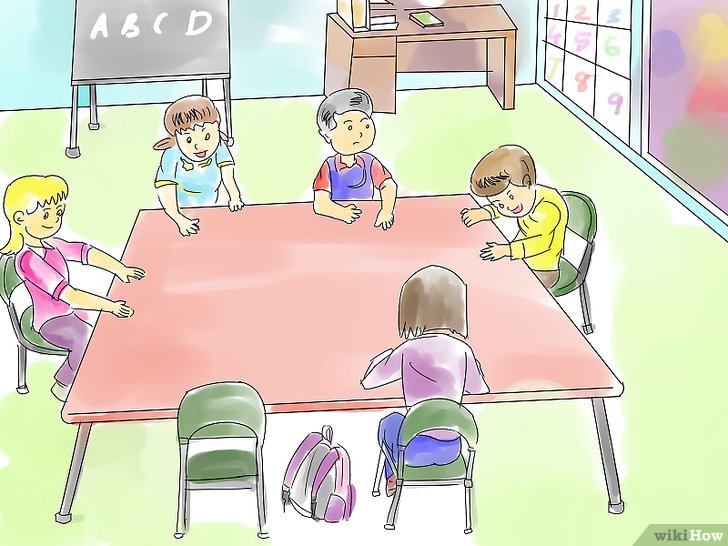 Any attempt of them to impose their will and show their power aroused in me a desperate protest - even over trifles. It was impossible to get me to sit quietly when I wanted to run, or put me to bed when I was in the heat of the game. When they shouted at me, pressed me, demanded, I became even more impudent and resisted. And in the end I won: grown-ups exhausted by my stubbornness “waved their hand at me”, and I did what I wanted. My parents took me from kindergarten with tears, but they cried, not me . At home, I still endured the dictates of adults, but outside of it - never. So he grew up so rebellious. But I know how to command and love.
Any attempt of them to impose their will and show their power aroused in me a desperate protest - even over trifles. It was impossible to get me to sit quietly when I wanted to run, or put me to bed when I was in the heat of the game. When they shouted at me, pressed me, demanded, I became even more impudent and resisted. And in the end I won: grown-ups exhausted by my stubbornness “waved their hand at me”, and I did what I wanted. My parents took me from kindergarten with tears, but they cried, not me . At home, I still endured the dictates of adults, but outside of it - never. So he grew up so rebellious. But I know how to command and love.
There is another example. One of the leaders of the Moscow Zoo told me that his professional path was largely determined by the pleasure of interacting with the inhabitants of the kindergarten "living corner" (guinea pigs, hamsters, turtles) and the praise of adults for diligence.
2. Communication with peers
The child learns to play with other children, share experiences, enjoy joint activities, cooperate, give in, win their place in the team, cope with insults.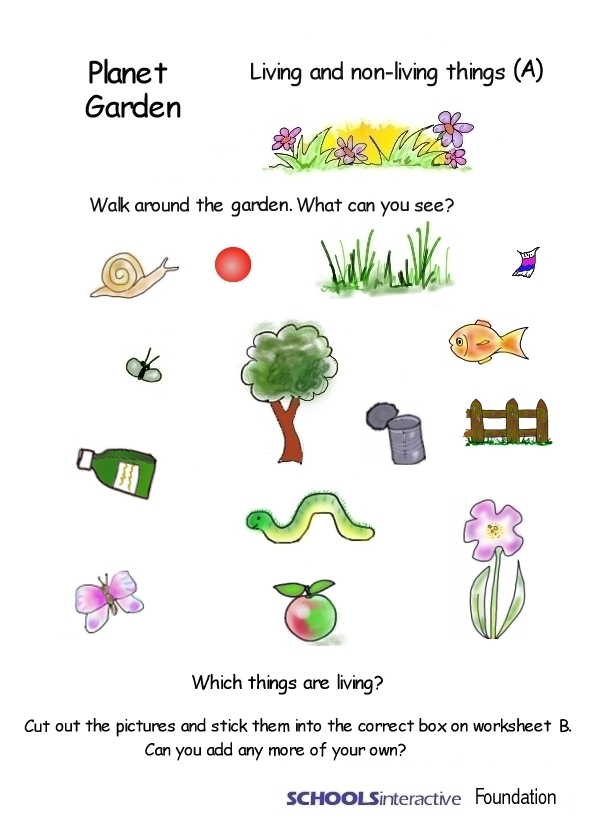 Further life develops and supplements these skills, but the “deep roots” of our ability to communicate with others “sprout” at this time, at the age of 3-6 years. Here, too, three strategies of behavior can be distinguished: submission, dominance and partnership. The chosen strategy also prevails in our adult behavior.
Further life develops and supplements these skills, but the “deep roots” of our ability to communicate with others “sprout” at this time, at the age of 3-6 years. Here, too, three strategies of behavior can be distinguished: submission, dominance and partnership. The chosen strategy also prevails in our adult behavior.
We continually experience, whether positive or negative. It is a life that cannot be protected or saved from.
Most people who have succeeded in their careers remember the interactions in kindergarten with pleasure: “I quickly became friends with the guys in the group. And although I absolutely did not like hanging around in kindergarten all day, I willingly went there - I just wanted to play with the guys. “I loved fighting boys. More precisely, we fought - especially during walks. It was at that time that I learned not to be afraid to mess with even stronger opponents. It helped me a lot later in life. ”
”
One public person told how as a child he performed at festive concerts in a kindergarten: “I had so much fun then - from the approving glances directed at me, from an overabundance of emotions, from applause! I'm sure it was this early and joyful experience that turned me into a public figure."
3. Adaptation to new conditions and self-management
The child learns to adapt to new conditions and manage his experiences. This skill can be summed up in one word – independence. A small, tender child, around whom the whole domestic life revolves, suddenly finds himself in a cold, strict and, as it often seems, hostile space. Getting out of a familiar environment into an unknown world full of uncertainty and novelty is very difficult, even for the most daring. After all, for the first time we find ourselves alone, without relatives, in the face of a strange world, and we ourselves are only responsible for our words, deeds and mood.
Exercise: Helping the inner child
Remember kindergarten – mentally walk through its halls, corridors, nooks and crannies.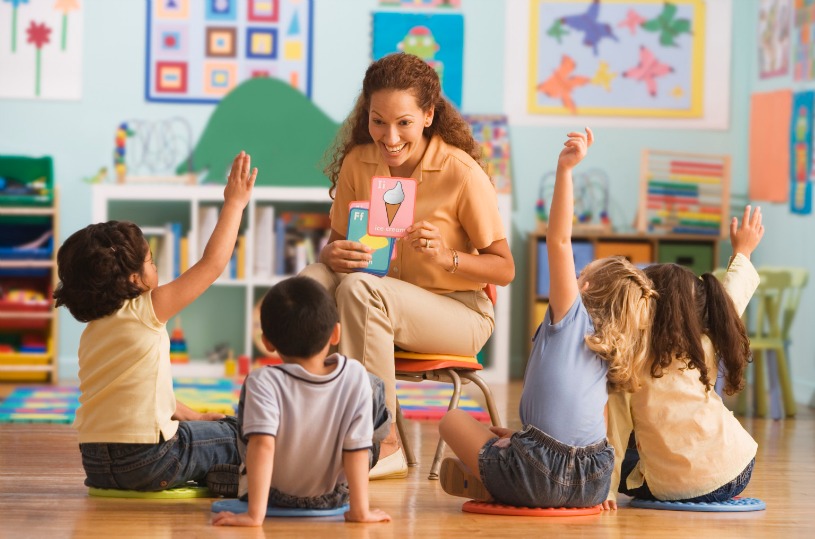 Look out into the yard. Look at the faces of teachers, children. Do you recognize someone? What are your feelings? What immediately comes to mind? What words do you hear? Imagine that you are the same little boy or girl who goes to this kindergarten. Feel his or her energy, strength, and maybe awe and even pain. Now imagine that you, already an adult, are standing next to a small one. Stretch out your hand to the child, stay together among the children's noise, exclamations and instructions of educators, sit at the dining table, straighten the edge of the blanket on the bed during a quiet sleep ... Ask yourself, the child, what makes him happy and what worries him. Let him share whatever he wants with you. Be careful and attentive with him: listen, show sympathy, help, tell him that he will grow up and become an adult and strong. And the lost harmony will be restored.
Look out into the yard. Look at the faces of teachers, children. Do you recognize someone? What are your feelings? What immediately comes to mind? What words do you hear? Imagine that you are the same little boy or girl who goes to this kindergarten. Feel his or her energy, strength, and maybe awe and even pain. Now imagine that you, already an adult, are standing next to a small one. Stretch out your hand to the child, stay together among the children's noise, exclamations and instructions of educators, sit at the dining table, straighten the edge of the blanket on the bed during a quiet sleep ... Ask yourself, the child, what makes him happy and what worries him. Let him share whatever he wants with you. Be careful and attentive with him: listen, show sympathy, help, tell him that he will grow up and become an adult and strong. And the lost harmony will be restored.
How to survive? How not to cry, how to let go of my mother's hand? The sooner we acquire the skills of independent existence, the stronger and more diverse they become.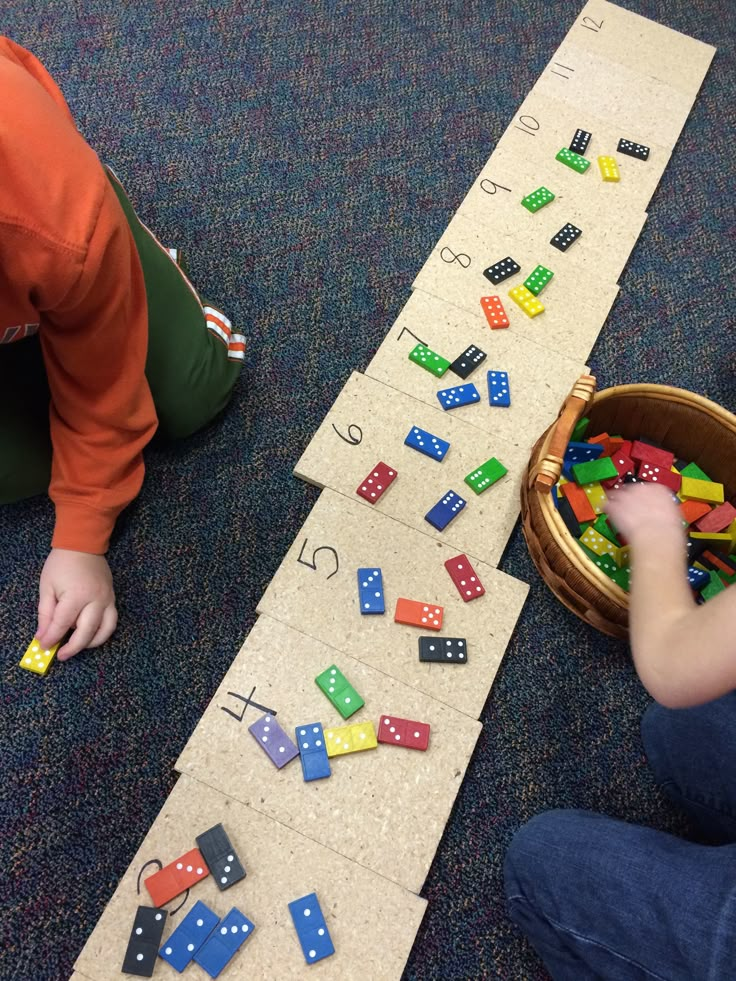 “Over time, I realized that kindergarten is not so bad. I can rest there from the eternal instructions of my grandmother, who constantly raised me. And in the garden there was only one teacher for everyone. And it was somehow easier for me than at home. After all, I was there more independent, more free. Even now I like to be among people all the time, in society, ”I once heard such a comment from a promising young manager of a transport company. A child in kindergarten learns to adapt, control his feelings, accept reality. Everyone succeeds, some not so much.
“Over time, I realized that kindergarten is not so bad. I can rest there from the eternal instructions of my grandmother, who constantly raised me. And in the garden there was only one teacher for everyone. And it was somehow easier for me than at home. After all, I was there more independent, more free. Even now I like to be among people all the time, in society, ”I once heard such a comment from a promising young manager of a transport company. A child in kindergarten learns to adapt, control his feelings, accept reality. Everyone succeeds, some not so much.
I started this reflection with a story about overeating, which originated in kindergarten fears. There are other similar stories. “I am afraid of loneliness. When I'm alone, causeless anxiety begins. One day I realized where it came from. I was picked up from kindergarten later than other children. And those, joyfully leaving home, shouted to me in parting: “If you are not taken away at all, then you will spend the night alone in kindergarten.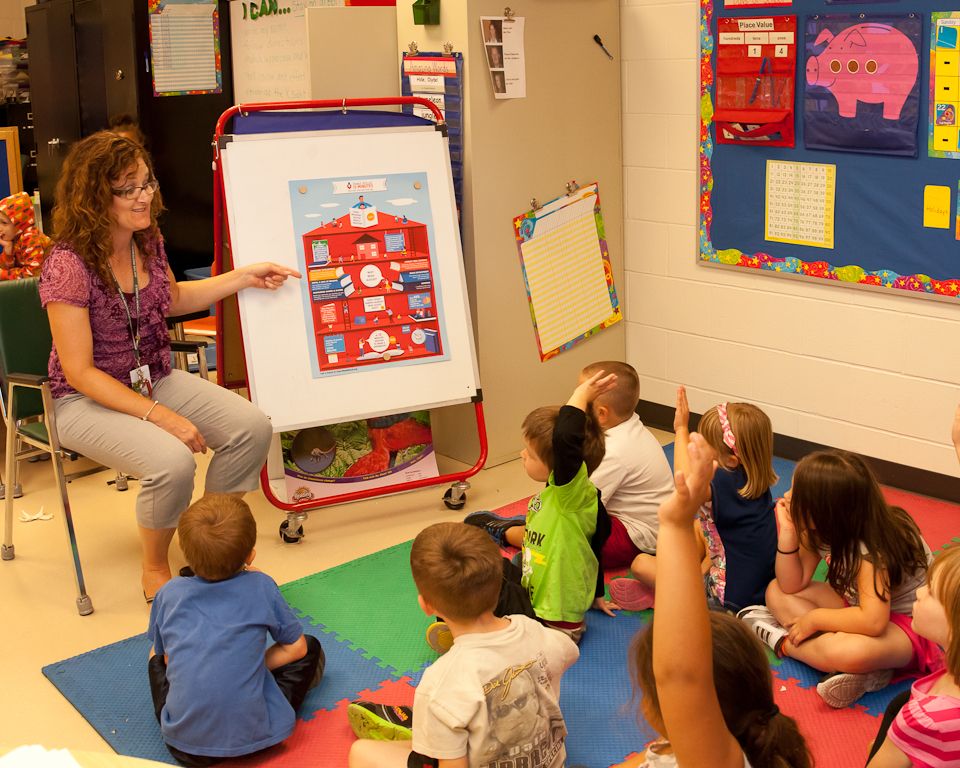 Everyone will leave, and you will hang around here all night!” Indeed, it could happen, I thought desperately. And a terrible anxiety set in. It seems that I have not recovered from these fears so far, ”the client shared his secret with me.
Everyone will leave, and you will hang around here all night!” Indeed, it could happen, I thought desperately. And a terrible anxiety set in. It seems that I have not recovered from these fears so far, ”the client shared his secret with me.
Unfortunately, even the most attentive and sensitive educators and the most experienced child psychologists cannot protect children from bitter feelings and deep traumas. We continually experience, whether positive or negative. It is a life that cannot be protected or saved. But you can remember, realize, change your attitude, even if we have already grown up.
About the author:
Maria Makarushkina is a psychologist, coach, business consultant, head of the VIP consulting practice at ECOPSY Consulting.
New on the site
"Once in a lifetime": how to choose a spouse and guarantee happiness - the opinion of a psychologist
A normal man of the 21st century: what is he like? 7 key ideas
Test: Who do you think about more - about yourself or others?
“The future son-in-law behaves strangely.